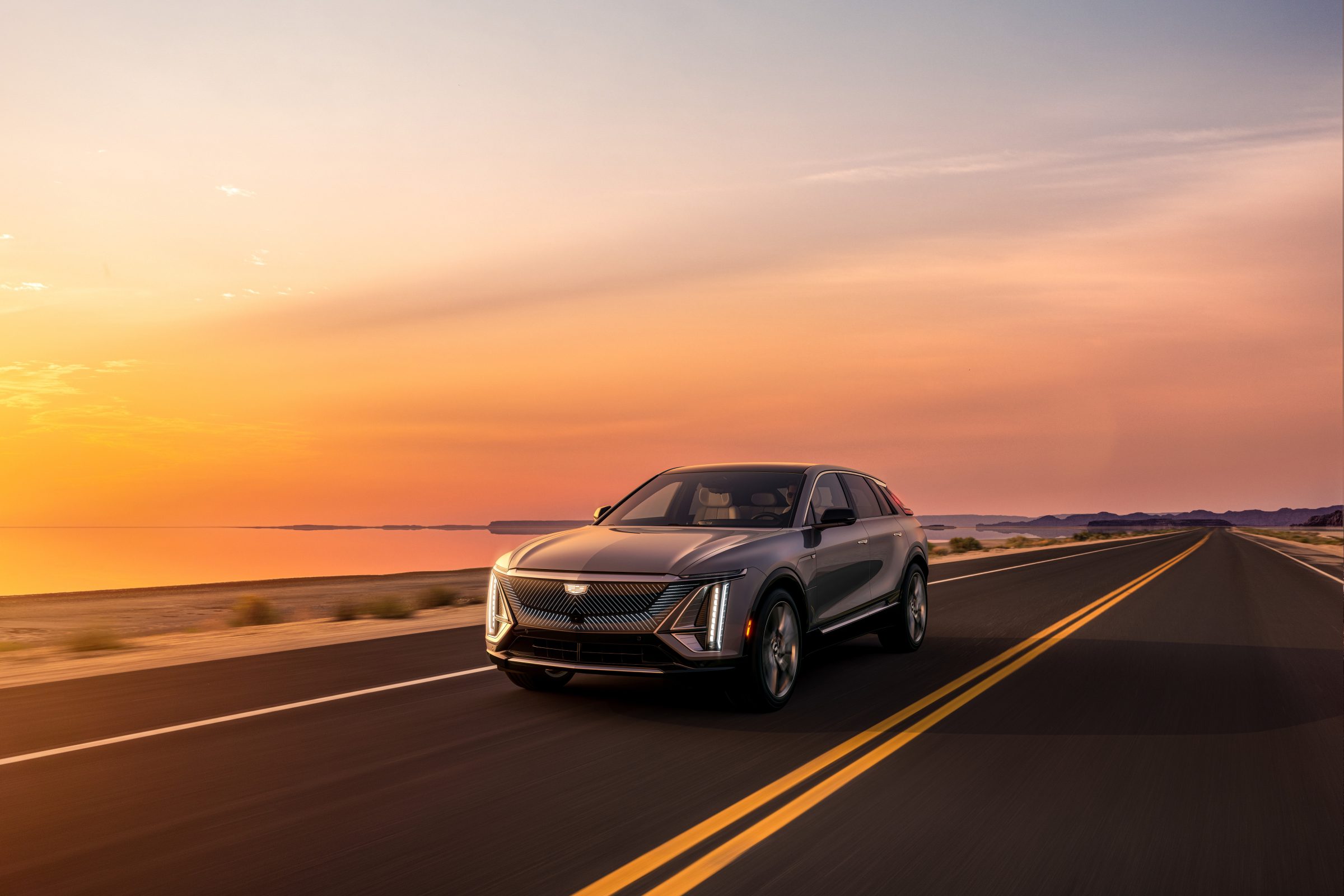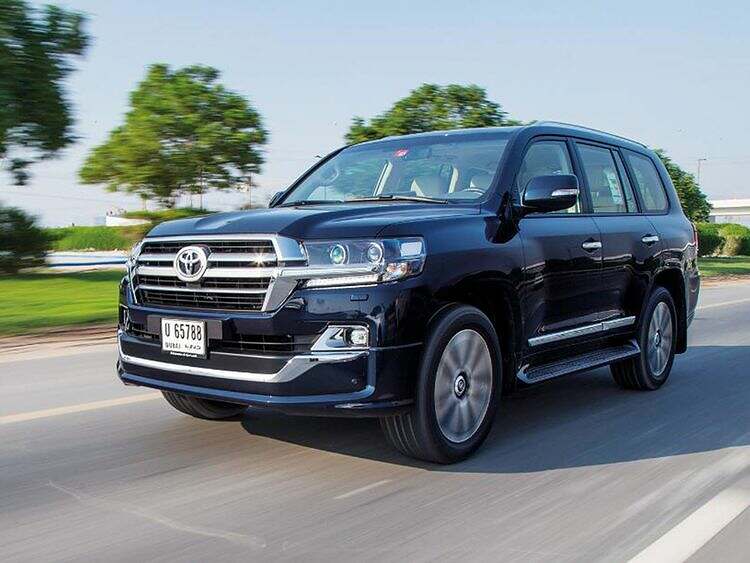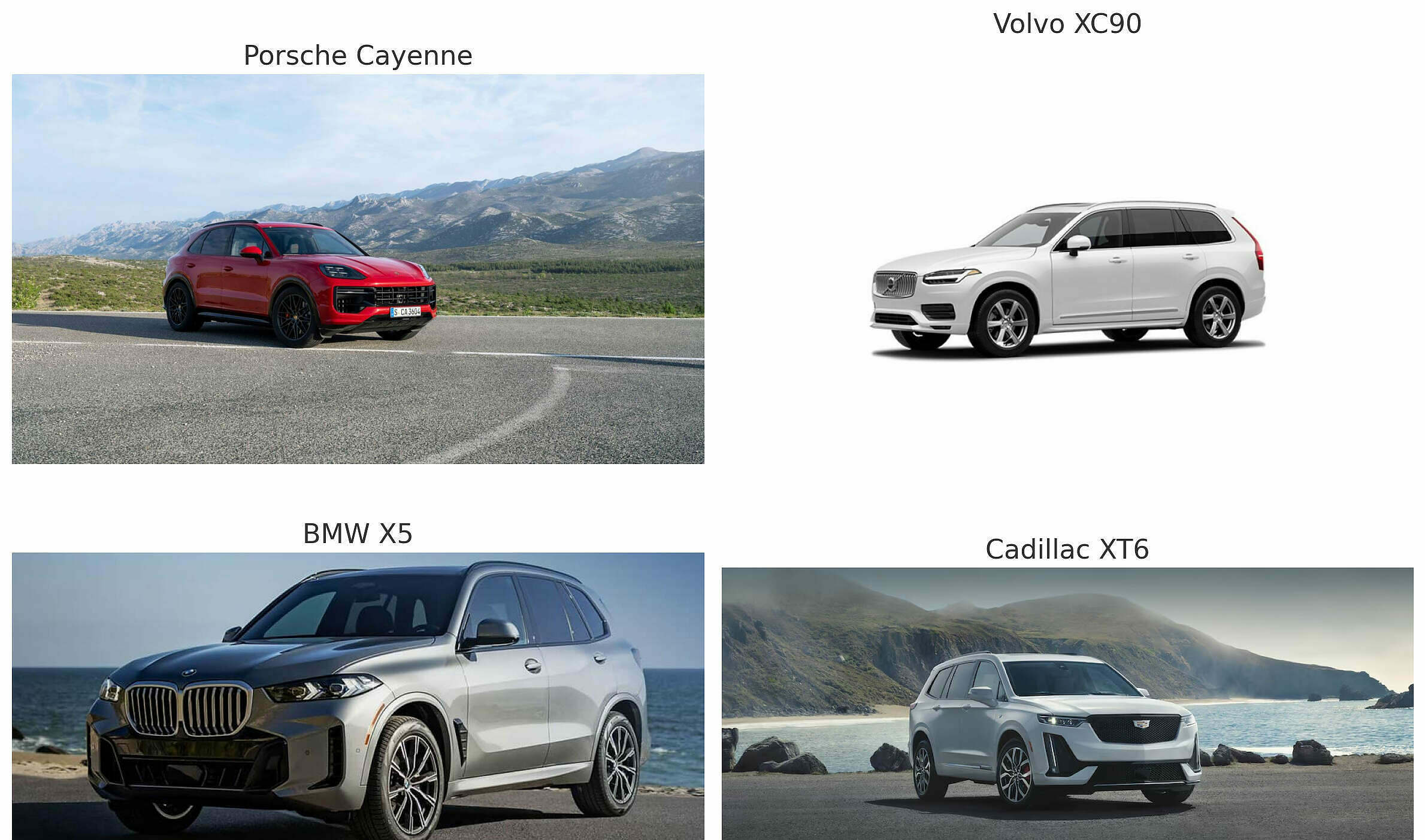As electric vehicles (EVs) gain popularity worldwide, more drivers are experiencing the benefits of driving a zero-emission vehicle.
However, it’s important to note that the efficiency of EVs can be affected by factors like driving conditions and vehicle usage.

Gas powered vehicles get their best fuel efficiencies while driving on highways, so we all expect that EVs will be even more efficient on these roads too. Why are electric cars less efficient on highways and motorways than regular city roads.
Higher Wind Resistance
At higher speeds, wind resistance plays a crucial role in reducing the efficiency of electric vehicles. As an EV’s speed increases, the air pressure in front of the vehicle also increases, forcing the vehicle to work harder to maintain its speed. This increased workload requires more energy, which drains the battery faster. The fully-electric SUV with the longest range may experience a decrease in range when driven at high speeds on highways.
Less Brake Regeneration
Electric vehicles are designed to regenerate energy during braking, a process known as brake regeneration. When the driver applies the brakes, the electric motor works in reverse, converting kinetic energy back into electrical energy and storing it in the battery. However, highway driving usually involves less braking, which means less opportunity for brake regeneration. In contrast, driving in rush hour traffic involves more frequent stops and starts, allowing the EV to regenerate more energy and improve overall efficiency.
Higher Speeds
On highways and motorways, vehicles are typically required to travel at higher speeds than on regular roads. As electric cars travel faster, their energy consumption increases, leading to a decrease in efficiency. This can result in a faster depletion of the battery, as noted in this article on will driving an electric car fast deplete the battery faster.
Conclusion
Despite these challenges, electric cars still offer numerous advantages over their internal combustion engine counterparts, including reduced emissions, lower fuel costs, and quieter operation. Although EVs may be less efficient on highways and motorways, they continue to excel in urban environments, where they can make the most of their regenerative braking systems.
As electric vehicle technology continues to evolve, improvements in battery capacity, aerodynamics, and overall performance will help to mitigate these issues. In the meantime, EV drivers should be aware of these factors when planning long trips and adjust their driving habits accordingly to maximize their vehicle’s efficiency.
For more information on electric vehicles, check out some of our other articles on electric SUVs, such as the 2024 Hummer EV SUV: Return of a Legend and Maserati’s Grecale Folgore.
Main image courtesy: Cadillac



